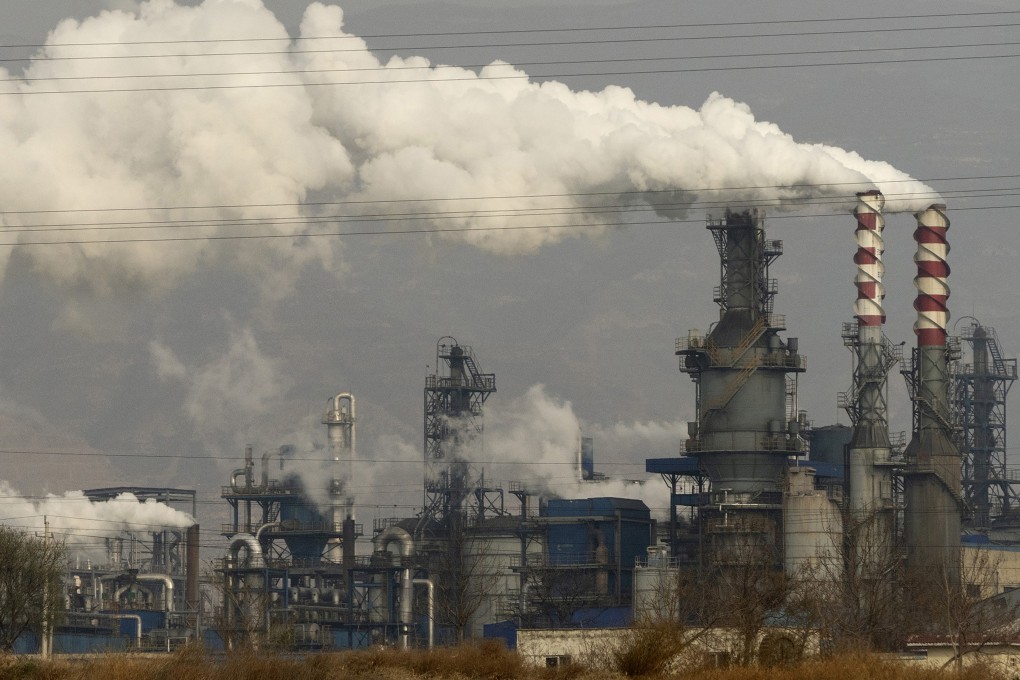China’s carbon-neutral plan lacks urgency and transparency, EU chamber report says
- Beijing’s vow to prioritise energy security in a time of global market turmoil appears to be casting doubt on decarbonisation efforts and progress in the short term
- EU Chamber of Commerce in China says firms are reluctant to make investments if there’s a risk of policy changes, and a ‘clear road map’ is needed on carbon neutrality

A sense of urgency appears to be lacking in China’s low-carbon push, according to a leading European business association that is calling for policy predictability and a detailed road map to counter Covid-related disturbances while striking a balance with China’s need to ensure energy security.
In its report, Carbon Neutrality: the Role of European Business in China’s Race to 2060, released on Wednesday, the European Union Chamber of Commerce in China noted that the lack of an action plan for reducing the nation’s dependency on fossil fuels would delay its green transition and ultimately hurt its competitiveness.
“We are a little bit worried that the Covid situation might trigger a delay in implementing the carbon-neutrality targets and measures that China has been planning so far,” the chamber’s president, Joerg Wuttke, said at media roundtable discussion about the report.
It also called for industry- and local-level guidance, details about relevant policy tools, and a clear fossil-fuel exit strategy to help companies make well-informed investments that factor China’s plans into their own global corporate decarbonisation strategies.
“The world is not waiting for China to resolve its Covid challenge,” Wuttke said. “They move on, and China runs the risk of falling behind and losing the competitive advantage they had.”